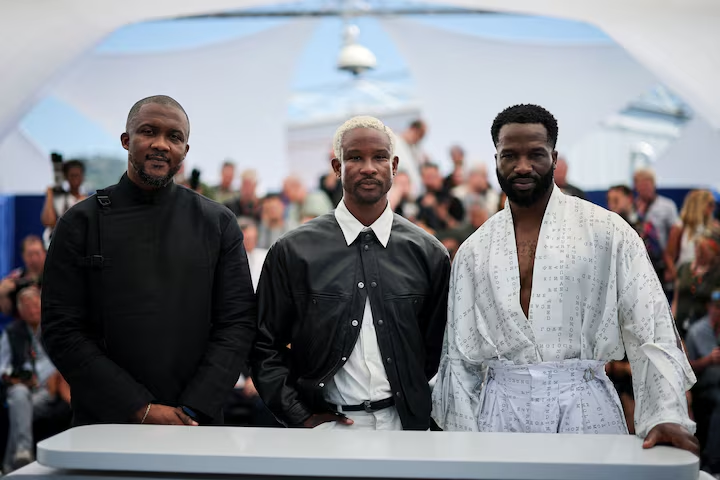Nigeria’s first film officially selected for the Cannes Film Festival, My Father’s Shadow, is a deeply personal story crafted by director Akinola Davies Jr. The film, competing in the Un Certain Regard category, was co-written by Davies and his brother Wale, reflecting their shared experiences and exploring themes that resonate with their family, community, and broader ideas of masculinity. Set in 1993, the narrative unfolds over a single day when two young brothers, portrayed by real-life siblings Godwin Egbo, aged 11, and Chibuike Marvellous Egbo, aged 8 during filming, are unexpectedly visited by their absent father. The father, played by Sope Dirisu—known for his role in Gangs of London—arrives in Lagos trying to recover unpaid wages from his employer amid political turmoil. This period in Nigeria’s history saw great tension following the annulment of the country’s first elections in a decade, a time when hope for a transformative leader was high.
The film’s semi-autobiographical nature draws on Davies’ own upbringing between London and Lagos, capturing the fragile yet intense bond between the brothers and their father. Davies highlights the symbolic parallels between Nigeria’s political atmosphere and the family’s dynamics: the father and the idea of a statesman both carry immense expectations while revealing vulnerability beneath their strong exterior. This duality is central to the film’s emotional core, reflecting not only personal family relationships but also the broader cultural and societal challenges.
For actor Sope Dirisu, who was born to Nigerian parents in Britain, the role was an opportunity to engage deeply with questions about fatherhood and identity. Portraying the father pushed him to examine what it means to be a parent and to consider how his Nigerian heritage shapes his sense of self. The film’s authentic portrayal of familial tension and cultural context has resonated widely, leading to its distribution by the streaming platform Mubi. My Father’s Shadow offers a poignant exploration of family, identity, and the hopes and struggles tied to both personal and national history.
READ MORE:
